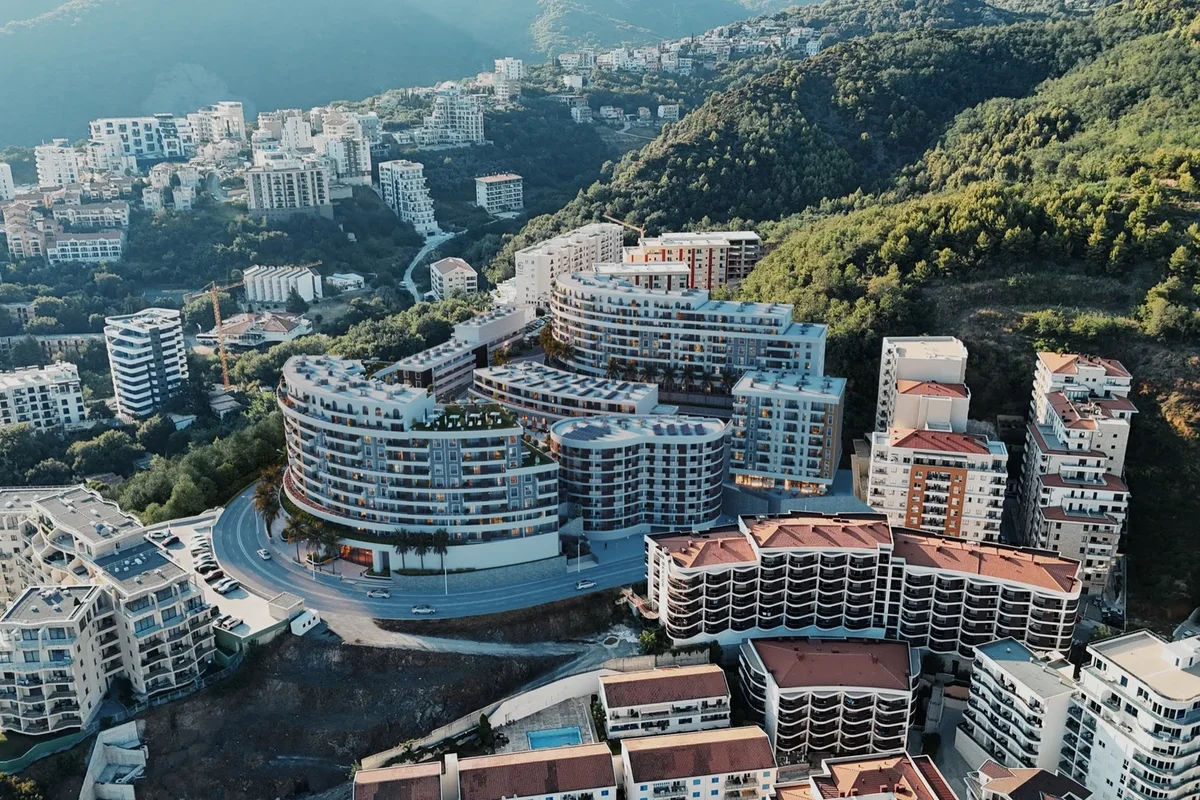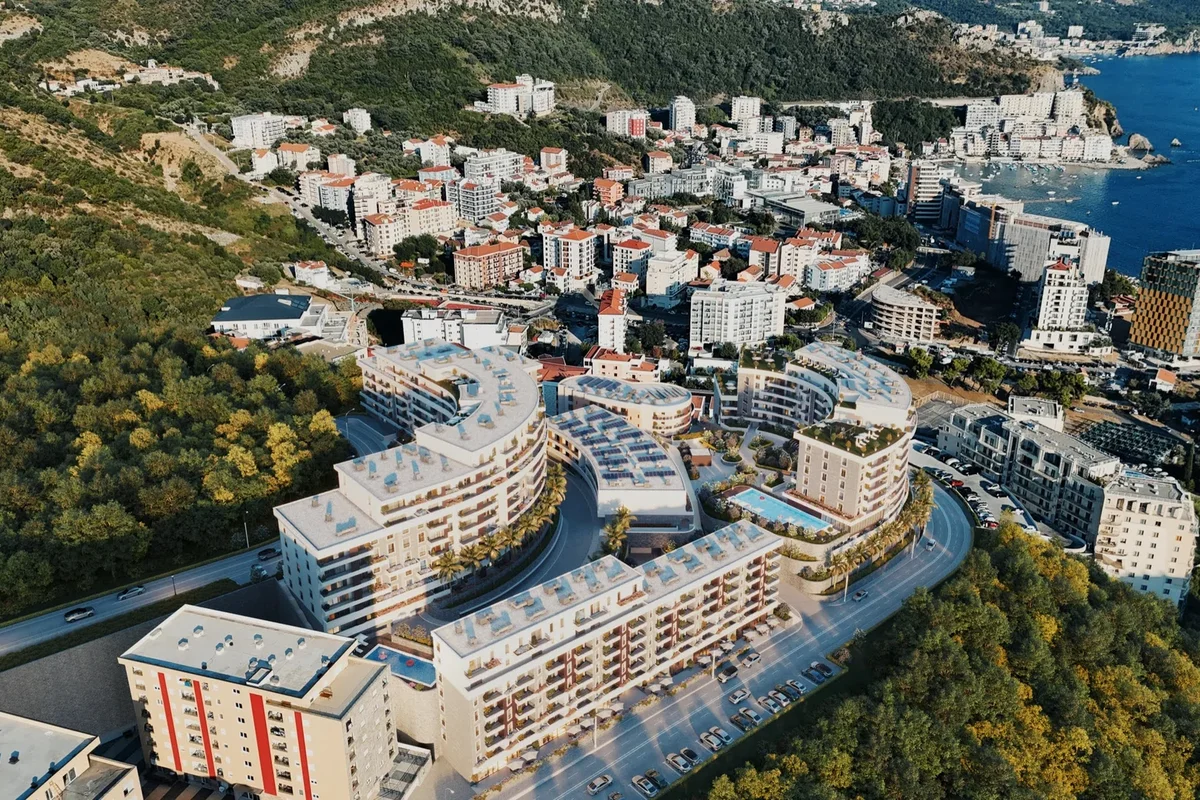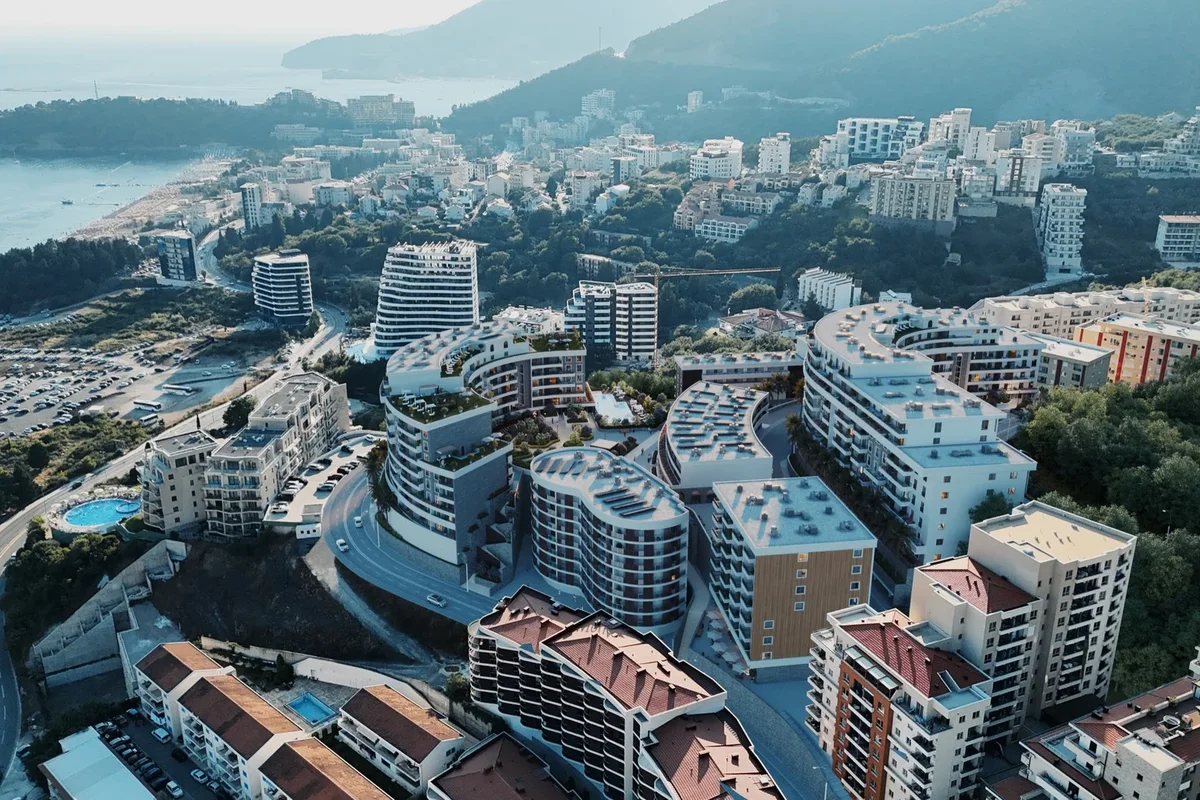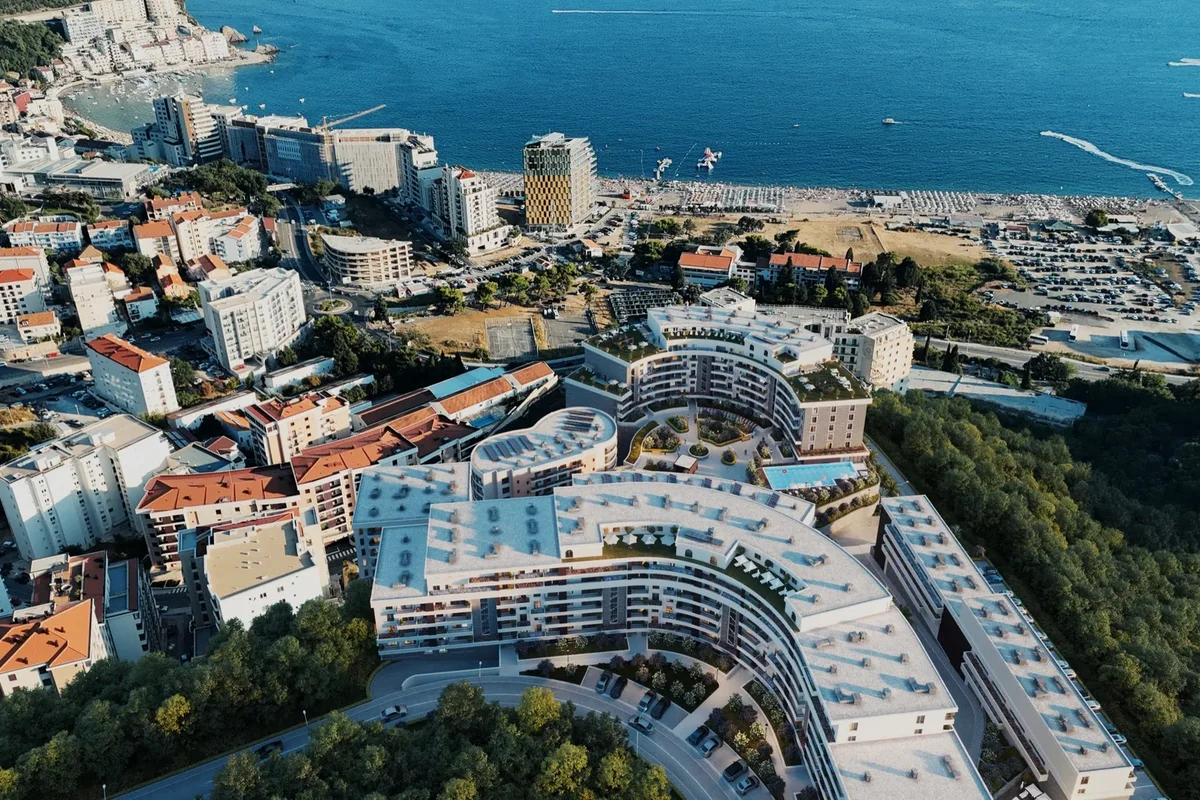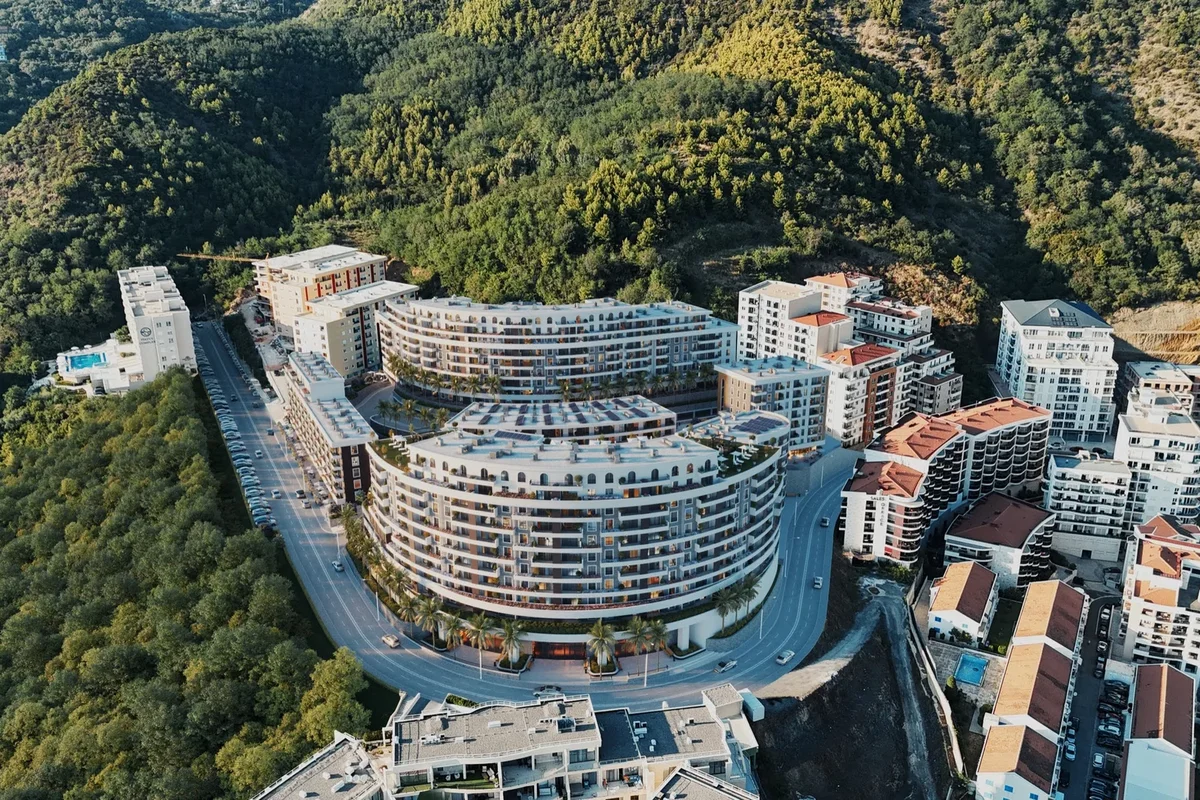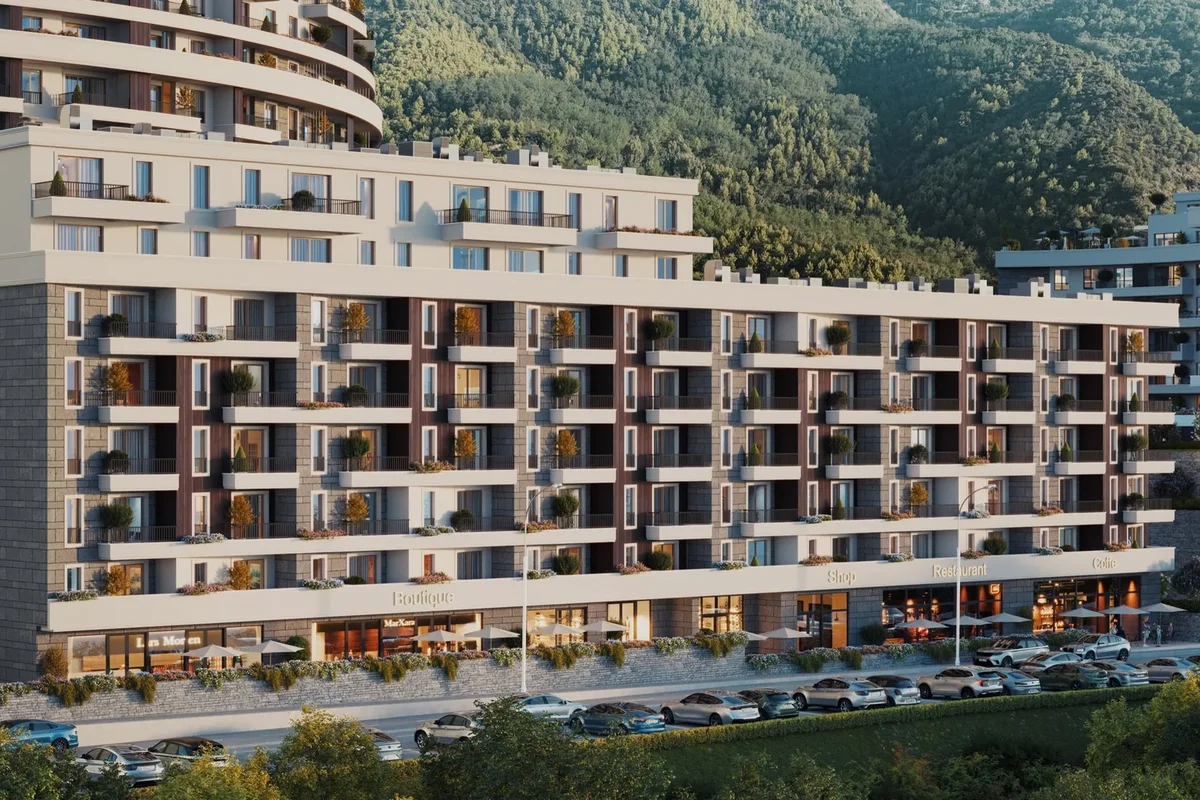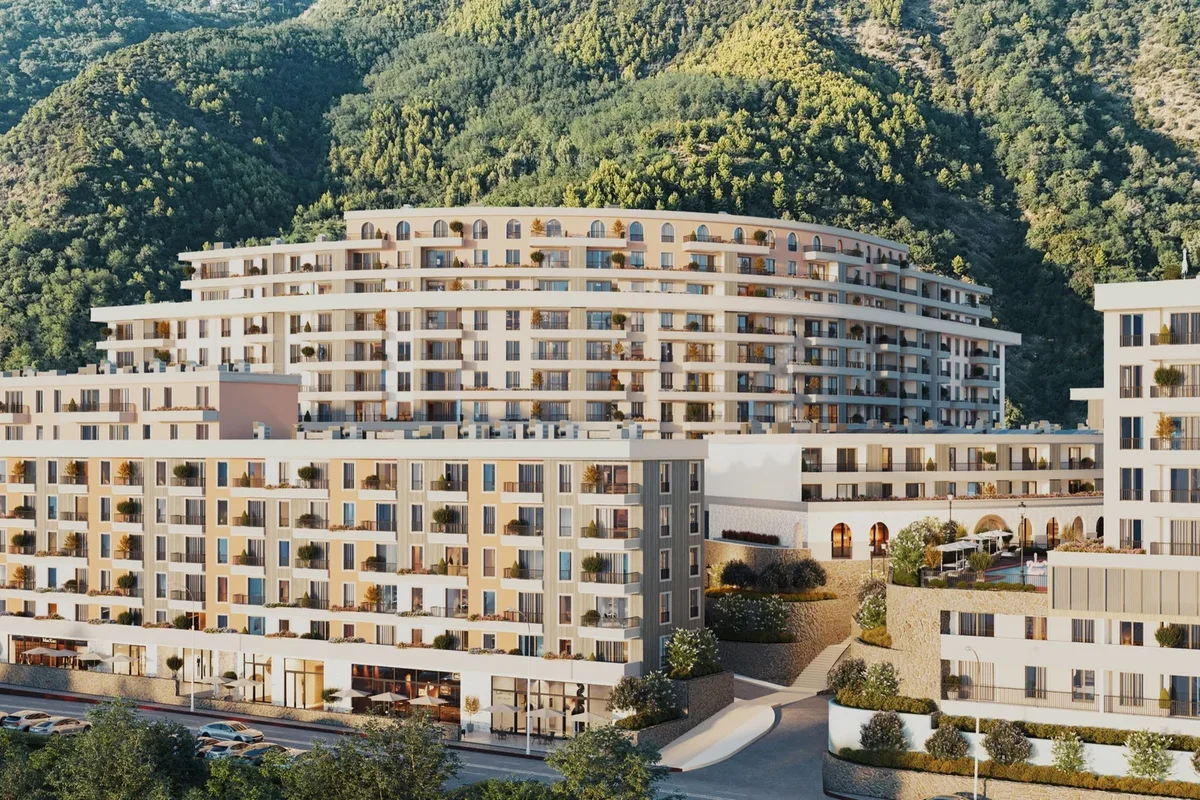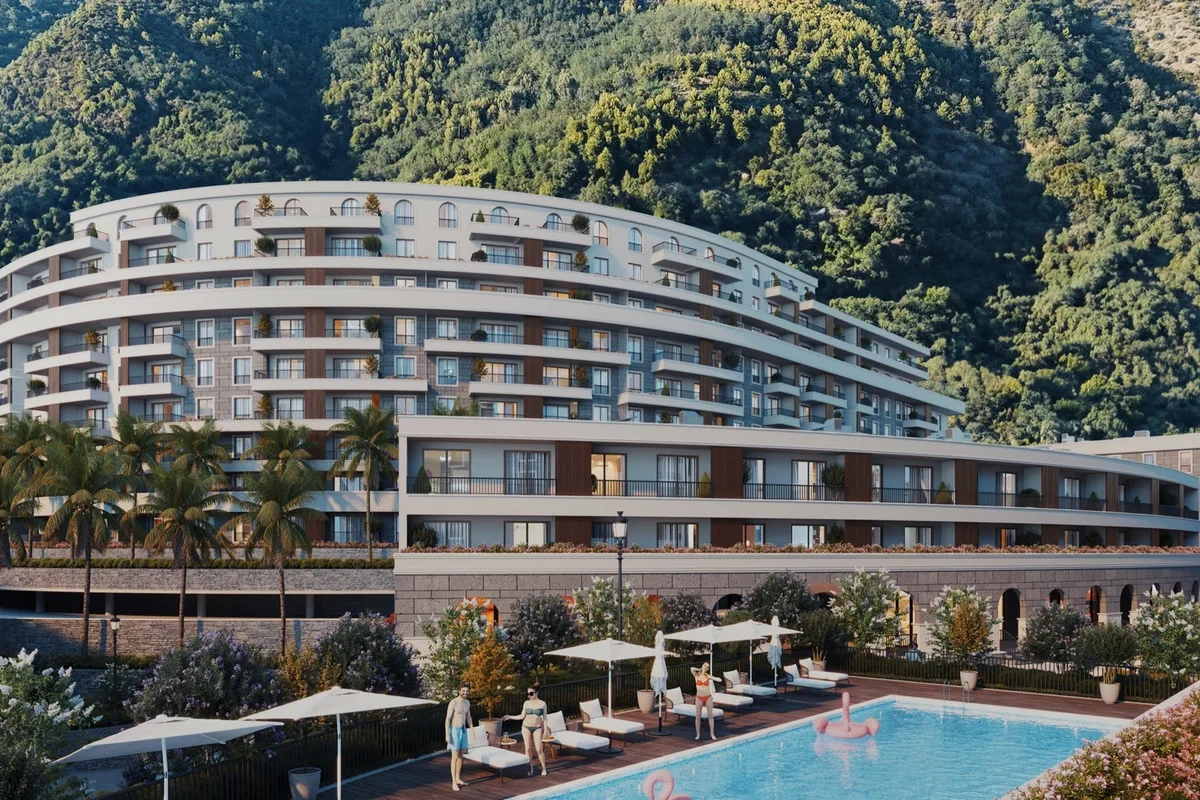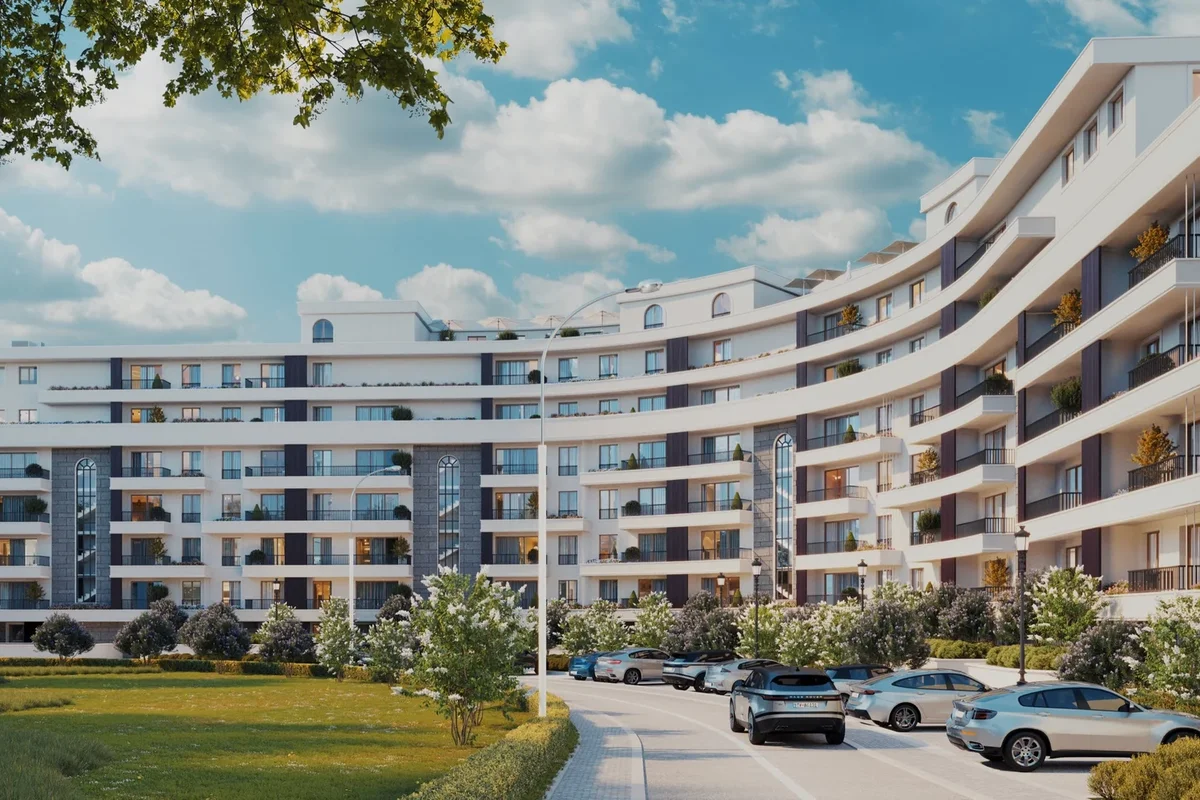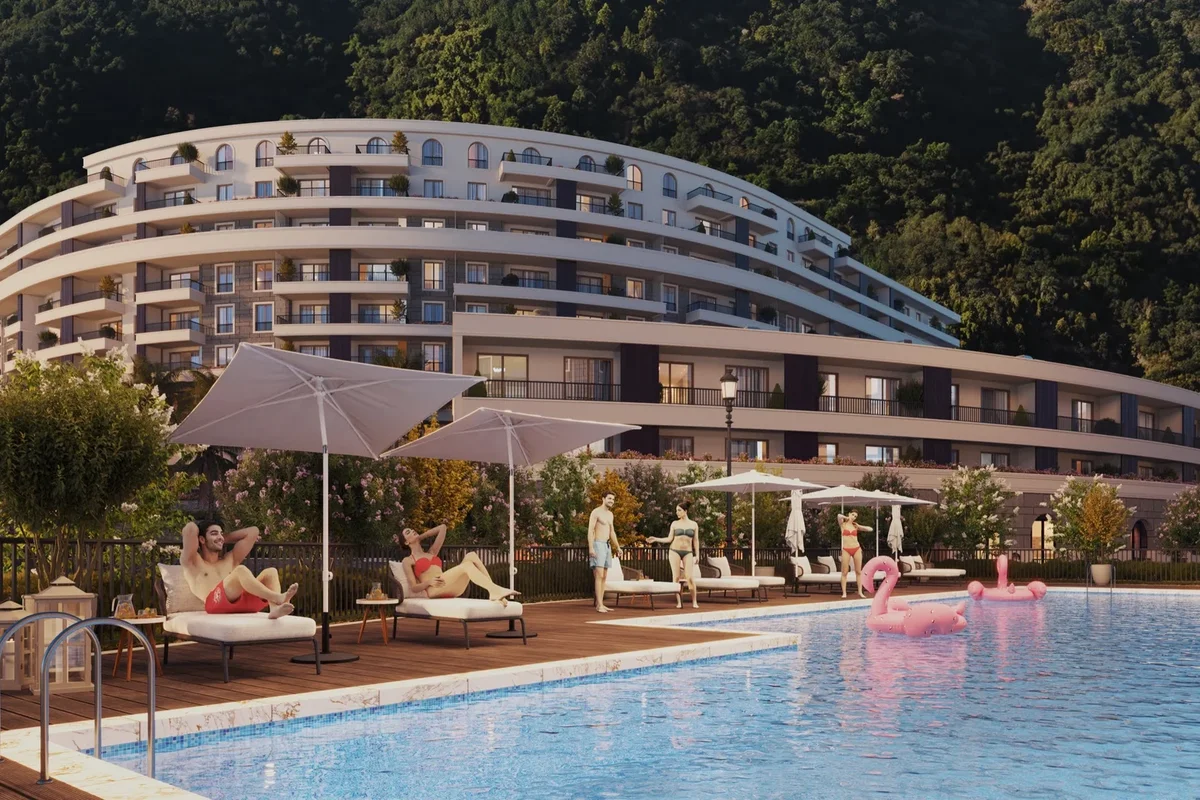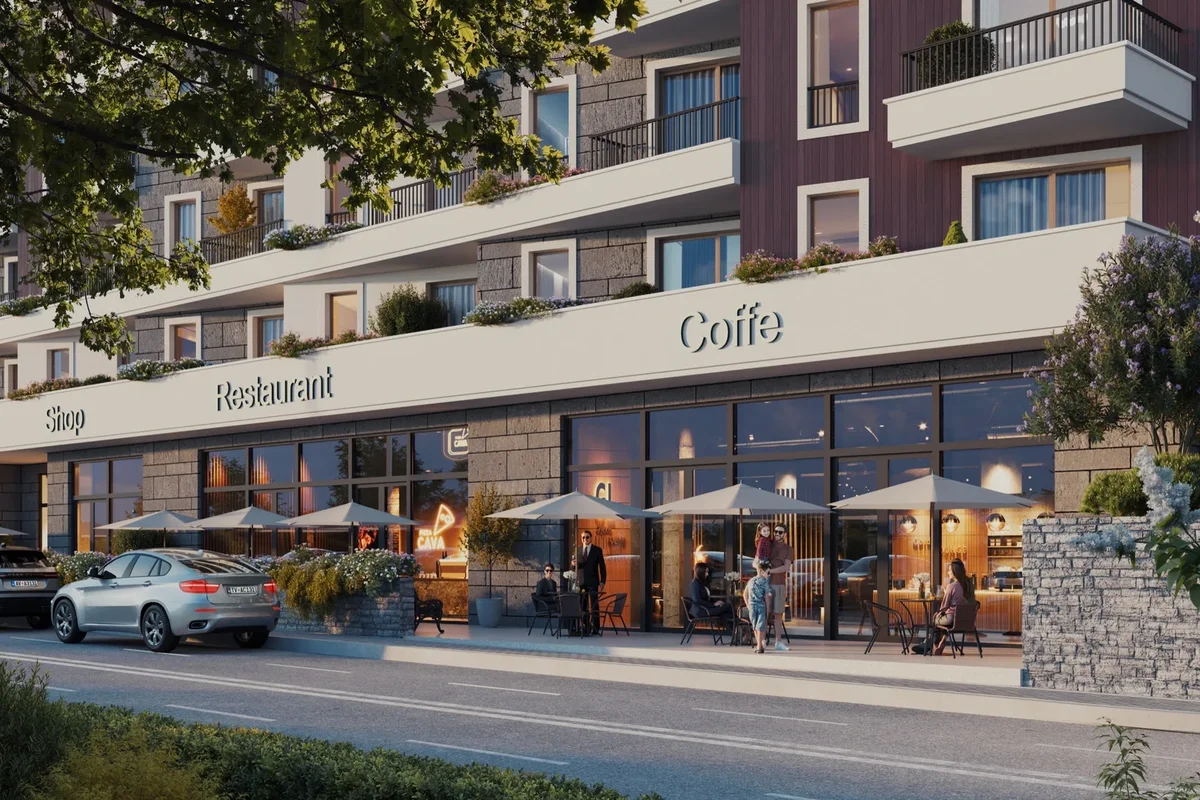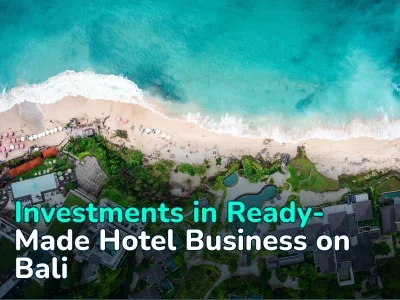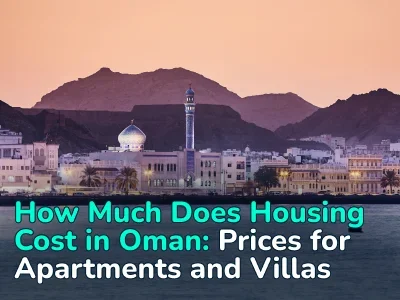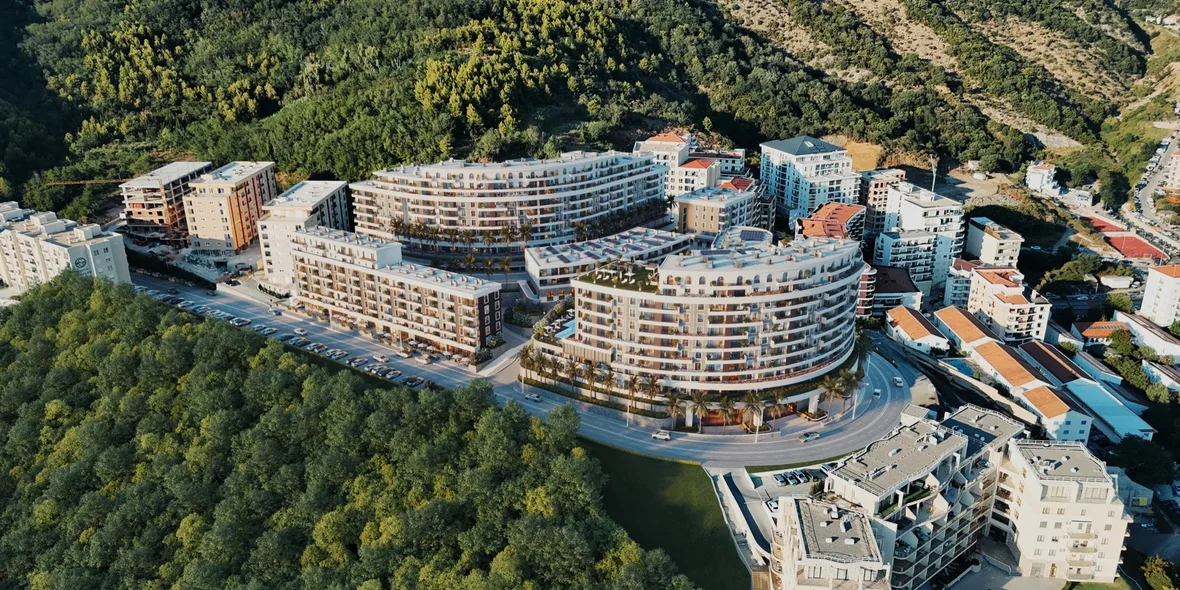
How a Foreigner Can Buy an Apartment in Montenegro — We Talked to an Expert
Montenegro is one of the few European countries where foreigners can buy apartments and houses without restrictions. The purchase grants eligibility for a residence permit, and the market offers both developer installment plans and bank mortgages. But what about prices, paperwork, and real profitability? We discussed this with Vyacheslav Maevsky, founder of MD Realty.
Can Belarusians Buy Property in Montenegro?
Yes, without any restrictions. Montenegro is one of the few European countries where property purchases are open to foreigners regardless of citizenship.
The process is straightforward:
- In person: arrive in the country, select a property, sign the contract, and have the transaction handled by a notary. It’s highly transparent.
- By proxy: if you can’t travel, issue a power of attorney in your home country, have it apostilled, and your representative can complete the transaction in Montenegro.
Payment options include:
- Through Zepter Bank.
- Cash — still possible for transactions with individuals.
- Cryptocurrency — occasionally used, depending on mutual agreement.
The key point: purchasing property in Montenegro is a direct path to a residence permit (VNJ). Upon buying a property, you can apply for a temporary residence permit valid for one year, renewable annually. After five years of continuous renewals, you can apply for permanent residency (PMJ), and after another five years, you’re eligible to apply for citizenship. Essentially, this is the most accessible route to legalizing your stay in the country.
How Much Does Housing Cost, and Is a Mortgage Available?
Montenegro’s real estate market is experiencing rising prices. Honestly speaking, liquid properties with «clean» documentation start at €100,000 and up.
- Mid-segment: €2,500—€3,500 per square meter.
- Luxury complexes: €4,500—€12,000, with some premium projects reaching €15,000.
Available financial tools include:
- Developer installment plans: typically offered during construction, interest-free, with payments spread across building stages. This is convenient for investors looking to distribute costs.
- Bank mortgages: conditions for foreigners are strict but accessible. Usually, it’s a 50/50 scheme: you pay half the cost, and the bank covers the rest. Interest rates range from 7–8% annually, with loan terms of 5–7 years. The key factor is the property’s «clean» status: documentation must be flawless, free of liens or violations.
Since August 2025, a new legalization law has been in effect more details here. Illegally built houses or properties violating urban planning regulations cannot be registered. This means banks and notaries now automatically filter out «gray» properties and work only with transparent projects.
Where Is the Best Place to Invest?
There are three main directions:
Coastal areas: the classic choice and a magnet for investors. Tourist flows are growing, and rentals are viable year-round, especially in Budva, Tivat, and Kotor. According to MD Realty’s analysis, the highest returns and price growth are seen here — in the Budva and Bar Rivieras and the Bay of Kotor.
Podgorica: the capital offers long-term stability. The city is actively developing, with a growing business sector driving demand for long-term rentals. Returns are moderate, with price growth of about 2–3% annually above inflation, but the market is predictable.
Northern Montenegro: Kolašin and Žabljak are highly promising. Winter resorts and recreational infrastructure are developing rapidly, with new complexes under construction. Demand is rising, while prices remain significantly lower than on the coast, making this an entry point with strong potential for investors.
What Profitability Can You Expect?
Realistically speaking, rental yields average around 5% annually. This is what most properties deliver in practice. While developers often promise 7–10%, real-world data confirms the 5% figure.
However, don’t overlook the second income source — property value appreciation. If the property is well-chosen and located in a high-demand area, it can be sold for significantly more after a few years.
Example of an Investment Project
We’re currently promoting the 60K project in Bečići, a large-scale complex spanning 60,000 square meters.
- Starting prices: from €128,000.
- Online showcase: the developer’s RPT platform allows real-time viewing of all offers.
- Key advantage: the project is bank-accredited, enabling buyers to secure mortgages — a rarity in Montenegro.
- Additional perk: interest-free installment plans for the entire construction period.
In short, it offers transparent and clear conditions for investors.
What Buyers Should Pay Attention To
Here’s what I’d recommend:
- Check the developer: research the company’s reputation and completed projects. This ensures the building will be finished and the paperwork will be in order.
- Verify the realtor: a good agent is your partner, knowledgeable about the market and legal nuances, helping you avoid mistakes when choosing a property.
- Monitor documentation: even with an agent, it’s useful to understand that, under the new legalization law, «gray» properties cannot be registered.
- Evaluate the area’s prospects: a sea view today could be blocked by new construction tomorrow. Always check plans for neighboring plots.
- Assess infrastructure: parking, elevators, proximity to shops, and transport access directly impact liquidity.
- Be cautious with older secondary properties: Yugoslav-era buildings and those from the 1990s often lack elevators, have poor insulation, and problematic utilities. They’re cheaper but harder to sell later.
The Role of a Realtor
A good realtor isn’t just a salesperson but your partner. Montenegro’s market seems simple, but it’s full of nuances, from document verification to understanding legalization laws. A mistake here can cost tens of thousands of euros and wasted time.
Importantly, buyers don’t pay commissions — the seller covers them. This means you get professional support at no extra cost, provided you choose the right realtor. A reliable agent works in your interest, helps select a liquid property, verifies its legal status, negotiates, and protects you at every stage of the transaction.
Going it alone is risky, especially if you’re unfamiliar with local specifics. With a competent realtor, buying becomes a comfortable and straightforward process, not a source of stress
Author
I am responsible for editorial work. I write expert interviews and guides.








